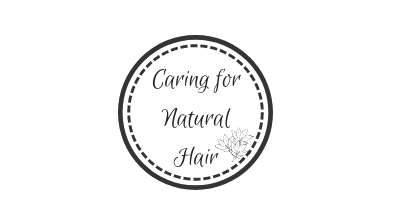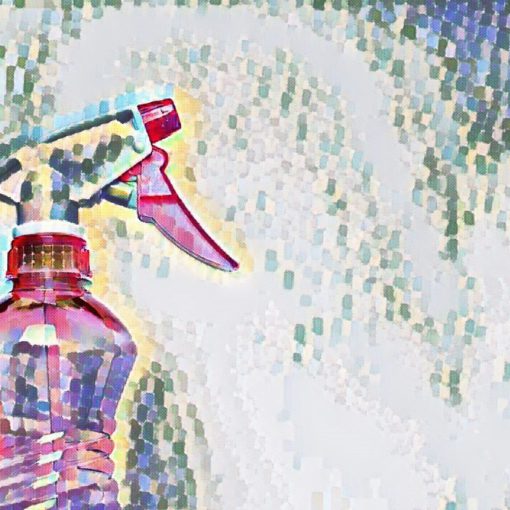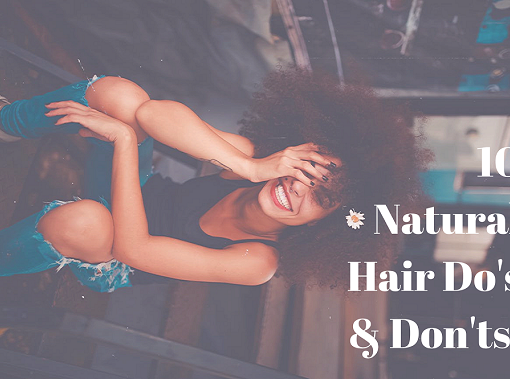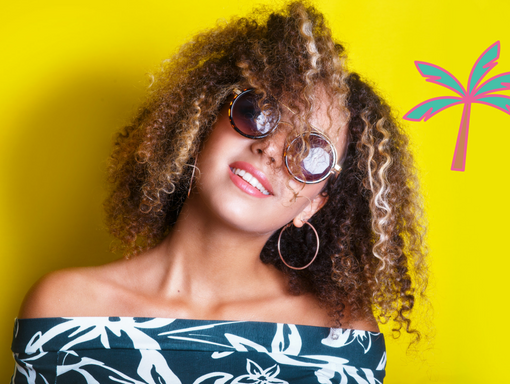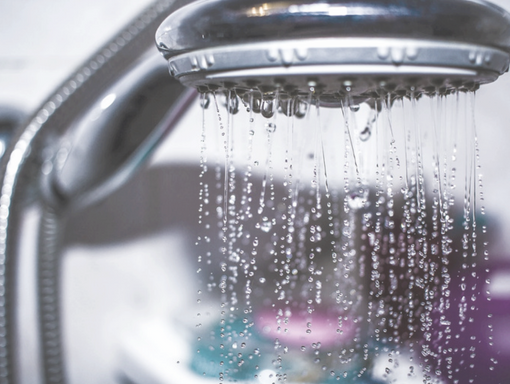As the natural hair movement grows, more and more natural hair products are popping up on shelves everywhere, directed at helping to alleviate different areas of concern for naturals of all hair types. It does not usually come across our minds that some of these products may actually be doing more harm than good.
We think “natural hair products”, so that must mean the ingredients in these products are all natural, right? This is not always the case. Unless you make your own DIY natural hair product, or it explicitly states on the label that this product contains “all organic” ingredients, there is usually some sort of formulated additives, sometimes even synthetic chemicals.
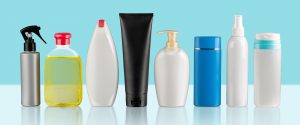
These unnatural ingredients can overtime cause more wear and tear on our natural hair. They can make your hair more prone to dryness and frizz, create more product build-up, and even stunt length retention.
Here are natural hair product ingredients that are best to avoid:
1. Parabens
Parabens are man-made chemicals created to preserve the formula of different hair products to last longer. They are typically left out of hair products due to research that has found they could be a factor in breast cancer and other cancerous tumors. The use of certain types of parabens have also been found to produce negative health effects on the body’s endocrine system. Although all aspects of these claims and studies have not all been 100% confirmed, many companies have made the decision to leave parabens out of their hair products.
2. Isopropyl alcohol & other certain alcohols
Although not all alcohols have a detrimental effect on your natural hair, many have been known to cause excessive dryness. This has led many naturals to find other alternatives. Isopropyl alcohol however, is one type of alcohol that you should avoid if possible. This alcohol is found in household cleaners, including antifreeze. Additionally, this hair product ingredient can also dissolve oils – a necessity for natural hair. This can in turn remove your hair strands of moisture, possibly leading to breakage if not remedied.
3. Formaldehyde & Formaldehyde Releasers
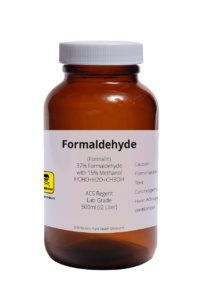
Formaldehydes are preservatives placed into your cosmetics and hair products meant to prevent the growth of bacteria. Outside of consumer products, it is a colorless, flammable gas at room temperature and contains a strong stench. It is additionally used in various manufacturing and industrial sectors.
Formaldehydes have the ability to be absorbed into the skin, and have been found to cause irritation and other allergies, and with prolonged high levels – cancer. Formaldehyde releasers release smaller amounts of formaldehyde, but still hold risks and complications. In certain countries, formaldehydes have been banned completely from cosmetic use. Examples of formaldehyde releasers found in our products that are best to avoid include: DMDM hydantoin, diazolidinyl urea, quaternium-15, and more.
4. Sulfates
Sulfates are a salt formed from sulfuric acid. They are typically found in shampoos and are used to completely remove the hair of build-up and other elements. While they aren’t entirely “bad” for your hair, many naturals choose to use sulfate-free products. Sulfates can cleanse the hair entirely. This includes the oils your hair naturally produces. Sulfates stripping the hair of their natural oils can lead to more dryness, and dull looking hair.
5. Synthetic Fragrance / Perfumes
While we all love smelling good, it is best to avoid using hair products that contain synthetic fragrant and perfume ingredients. A lot of the time, these synthetic scents are formulated with chemicals and preservatives. They can cause allergic irritations and breakouts on the skin. If you wish to find a product that contains a smell-good scent, try products that are “naturally” scented with essential oils and/or natural extracts.
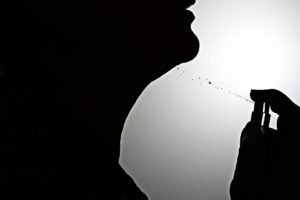
6. Mineral Oil
Mineral oil is an oil produced from petroleum, and is used for many things outside of cosmetics (e.g. industrial uses). It is a comedogenic, meaning it can clog your pores which can then cause acne breakouts. If it isn’t good to put on your skin, it more than likely isn’t good to put on your hair either. Because of its comedogenic properties, this oil can in turn cause more buildup due to its blocking / clogging effect on the hair follicles.
7. Silicones
Be aware of any ingredients that end in “-cone” on your natural hair products. Silicones, like sulfates, aren’t entirely terrible for your hair. However, in the long run they can do more harm than good. These ingredients can cause build-up overtime, creating dull look hair and brittleness in your natural hair. Silicones are found naturally in minerals, and have a very smooth, easy-slip feel. They create an illusion of sheen and smoothness on the hair. But, they do not actually provide any positive long-term effects.
8. Polyethylene Glycol (PGE) & Proplyne Glycol (PG)
Polyethylene Glycol (PGE) & Proplyne Glycol (PG) are water-soluble compounds found in hair products. PG is found in some foods, but most unfortunate of all, antifreeze can also contain this ingredient. Both of these compounds have been found to make it easier for other ingredients/elements to penetrate the skin and be absorbed into the bloodstream when used in higher concentrations. There have been cancer concerns with the use of these ingredients, although more research is being conducted. Many companies are leaving PGE’s and PG’s out of their products though, to be on the safe side.
Now with product ingredients to avoid in mind, check out some good ingredients to look for in natural hair products!
Sources
1Tacon, A.M. “What Are the Side Effects of Parabens?” LIVESTRONG.COM, Leaf Group, 18 Apr. 2017, www.livestrong.com/article/194949-what-are-the-side-effects-of-parabens/.
2Baum, Josh. “Isopropyl Alcohol Effects on Hair.” LIVESTRONG.COM, Leaf Group, 14 Aug. 2017, www.livestrong.com/article/276802-isopropyl-alcohol-effects-on-hair/.
3“Formaldehyde And Formaldehyde-Releasing Preservatives.” Safe Cosmetics, www.safecosmetics.org/get-the-facts/chemicals-of-concern/formaldehyde/.
4Edwards, Rebekah. “Surprise! You’re Eating a Component of Antifreeze! (And Here’s What it Does to Your Body).” Dr. Axe, 16 June 2017, draxe.com/propylene-glycol/.
